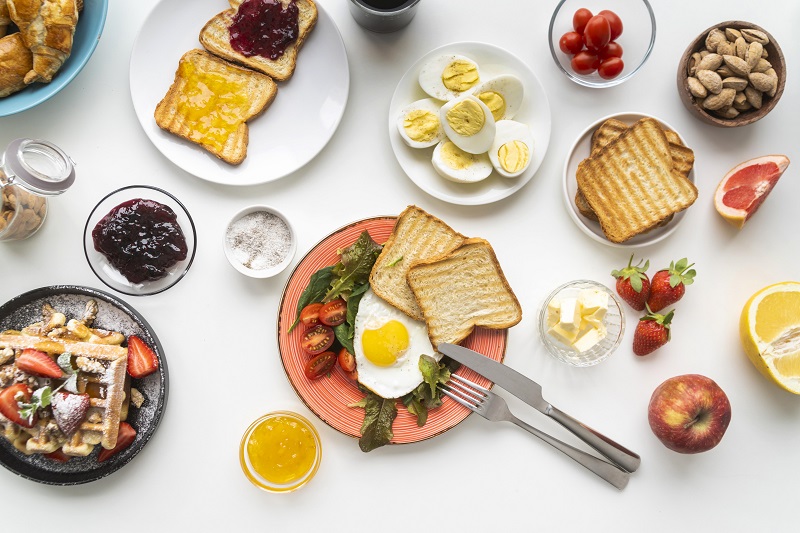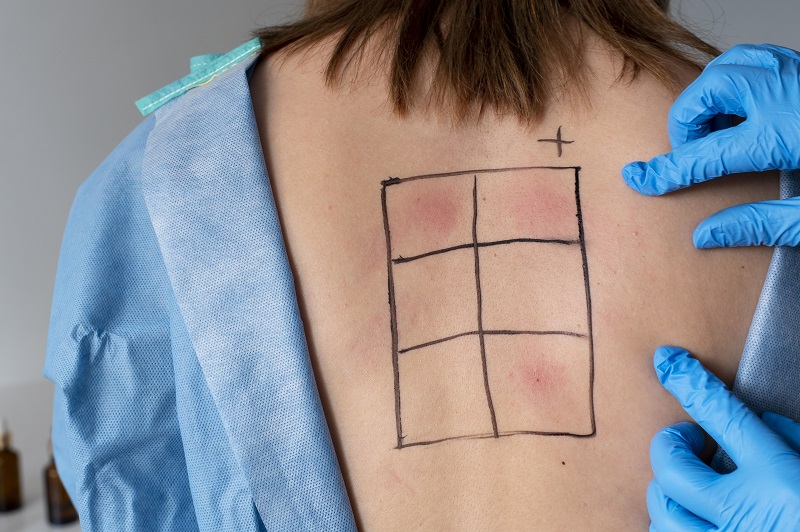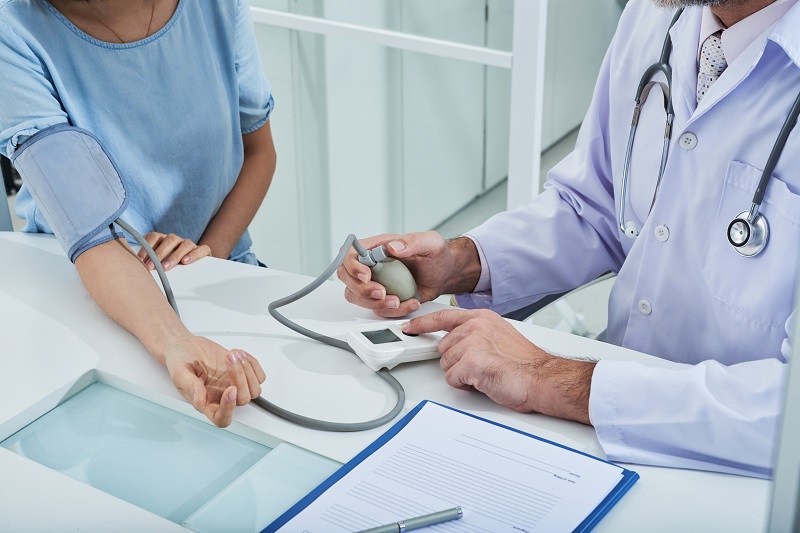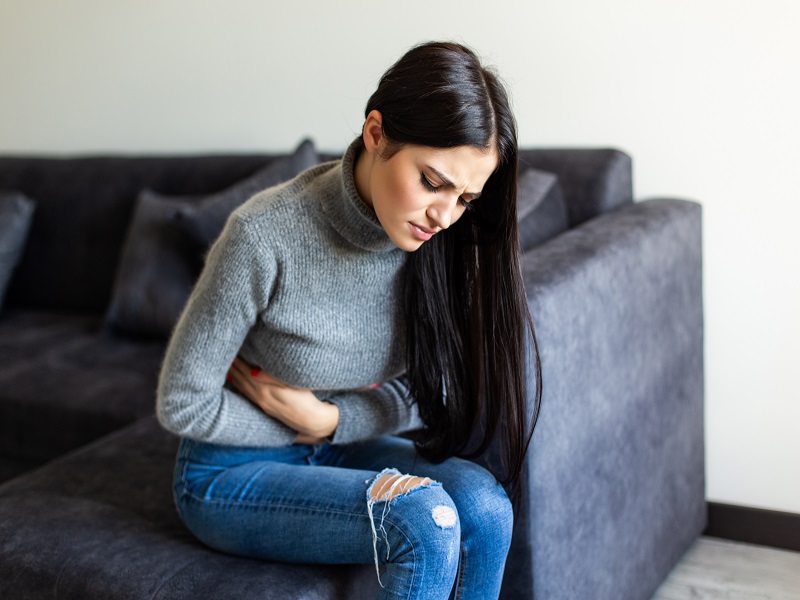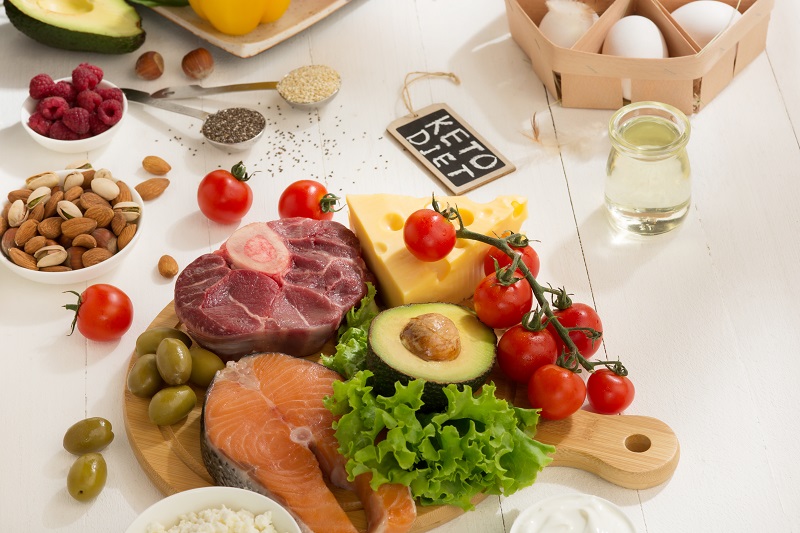Bhavna Malhotra
Consultant – Nutrition & Lifestyle
Email: bhavna.nutritionqueries@
Come festivals, and we have sweets and fried foods around. Bigger meals with family are a part of the celebration. A result of all this eating is acidity, bloating, and gas formation. While eating that extra puri or laddoo, we do know the consequences, but many times we find an easy option of popping an antacid to deal with the discomfort later. Many advertisements of over the counter antacids endorse overeating and project their products as friendly allies in our gluttony. So, is popping an antacid safe? Does the innocent looking pill have any side effects?
Acid (primarily HCl) is produced by our gastric glands (parietal cells) in response to the food intake and help digestion. However, when the gastric glands get into overdrive and produce more acid than required for digestion, we tend to feel a burning sensation just below the breast bone. This is commonly known as acidity. To contain the acid inside the stomach and to prevent its backflow into the esophagus (the pipe connecting our mouth to the stomach) we have a valve (LES – Lower Esophageal Sphincter) at the entrance of the stomach. This valve usually closes after the food enters the stomach but if this valve malfunctions and becomes loose, the acid can travel back into the esophagus causing the feeling of burning in the chest (heartburn) or sour/ bitter taste at the back of the mouth. This is known as acid reflux. Frequent acid reflux not only causes discomfort but can cause permanent changes in the lining of the esophagus.
The common causes of acidity/ acid reflux are:
-
Eating heavy meals and post that less physical activity
-
Overweight
-
Lying down on your back right after eating a heavy meal
-
Snacking close to bedtime
-
Eating certain foods, such as citrus, tomato, chocolate, mint, garlic, onions, or spicy or fatty foods
-
Excessive consumption of certain beverages, such as alcohol, carbonated drinks, coffee, or tea
-
Frequent Smoking
-
Lack of sleep and physical activity
-
Pregnancy
-
Taking aspirin, ibuprofen, certain muscle relaxers, or blood pressure medications
Since majority of the causes mentioned above can be resolved with lifestyle changes, it should be the preferred way of resolving acidity rather than reaching out for an over the counter antacid. Self-medication can be risky in this case as prolonged use of antacids can lead to lower stomach acid, which has its pitfalls like:
-
Malabsorption of protein and specific vitamins like Vit B12, iron and calcium
-
Bacterial overgrowth in the gut which can lead to bloating and even lowered immunity
Occasional acid reflux is not alarming, but if you experience it more than twice a week, its time to seek medical attention to rule out GERD (Gastro Esophageal Reflux Disease).
Simple lifestyle changes like eating smaller meals, avoiding high fat meals, keeping a gap of at least 3 hours between the last meal and bedtime, being physically active to maintain the weight, sleeping for 7-9 hours daily and quitting smoking and alcohol can help deal with acid reflux without the need of a pill.
Do enjoy your sweets and Diwali ‘faral’ but don’t forget the discipline and lesson of ‘mindful eating’ as advocated by our Vedas. Eat the delicacies in smaller portions and fix the meal times. Hydrate well, keep active and don’t compromise on sleep.


